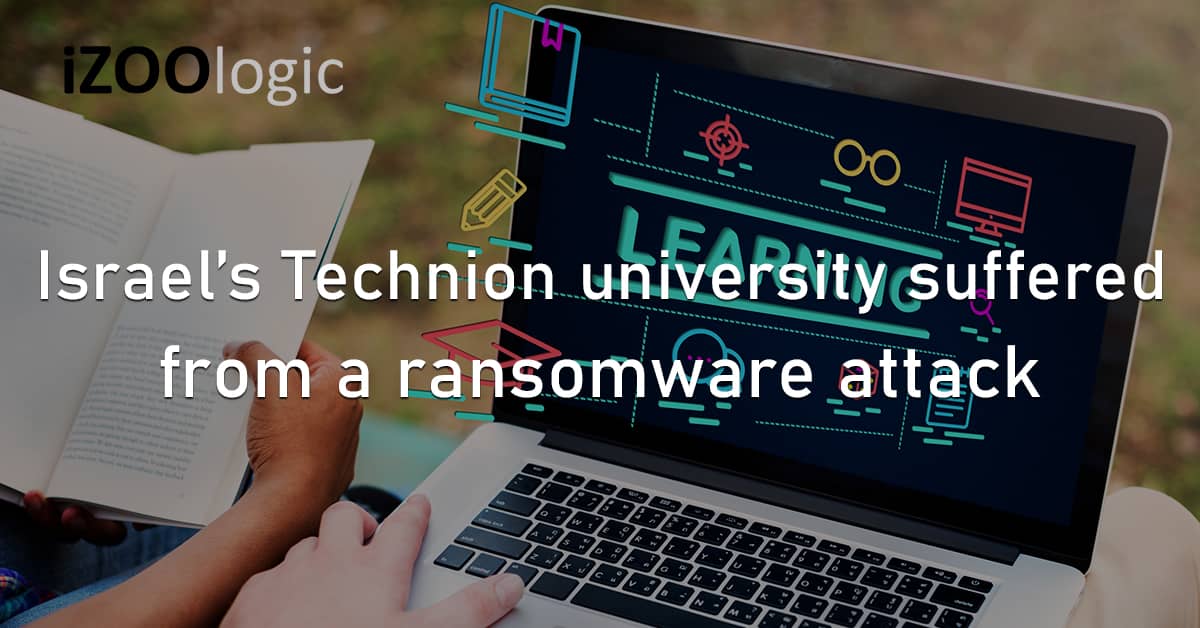An Israeli technology university, Technion, has been hit with a cyberattack that forced it to take its systems offline and postpone student activities, including examinations. This attack was attributed to the threat group ‘DarkBit,’ who left a ransom note on the victim university’s compromised network.
The suspected DarkBit gang also demanded 80BTC from the university, equivalent to $1.7 million, in exchange for the stolen data’s recovery. The researchers noted that the ransom note was political, mentioning grave accusations against Israel.
Furthermore, the ransom note has been written using an English translation tool, implying that the threat actors are non-English speakers. Researchers also suspect Iranian hackers in this issue, especially since the country is the most common perpetrator of cyberattacks on Israel.
The Darkbit gang warned Technion of selling the stolen data if the university refused to cooperate.
In the post published by the threat group, they threatened to raise the ransom demand by 30% if the Israeli university failed to pay in the next two days. Further, the group also mentioned selling the stolen data to other hackers if it reaches five days and the ransom is not yet paid. Seeking the help of authorities would not also be of help as it would only result in permanent damage.
Nonetheless, classes in the university are still in their normal operations except for students’ exams postponed due to the incident. Instructors in Technion are advised to use alternative teaching materials aside from digital ones until the entire issue has been resolved.
There are currently no details about which data had been compromised from Technion university. Students are also complaining about not receiving updates from the school’s management since they are concerned about their safety.
As seen from the threat group’s Twitter post, they mentioned warning high-tech firms to be careful when firing employees, especially the “geek ones.” Thus, it could be assumed that the actors behind it are former employees that expressed resentment over their victims.
Despite Iran being one of the suspected culprits in the incident, security experts cannot directly point the responsibility on them due to lack of proof.
